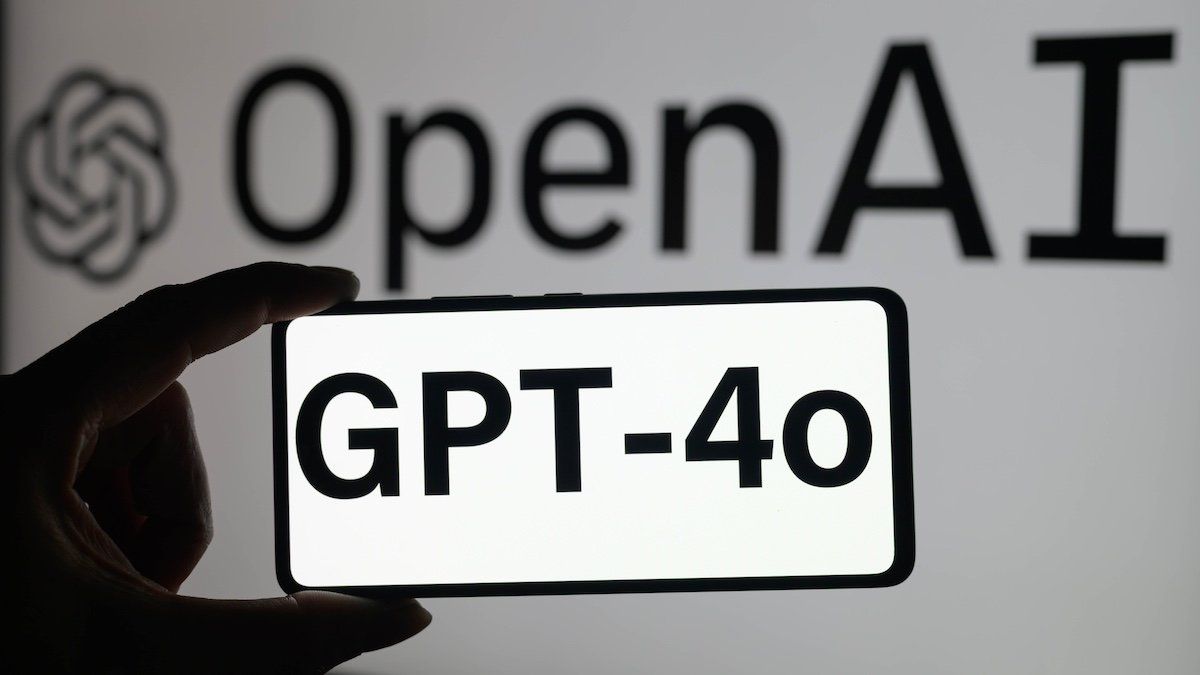Both Google and OpenAI held big AI-focused events last week to remind the world why they should each be leaders in artificial intelligence.
Google’s announcement was wide-ranging. At its I/O developer conference, the company basically said that it’ll infuse AI into all of its products — yes, even its namesake search engine. If you’ve Googled anything lately, you might have noticed that Gemini, Google’s large language model, has started popping up and suggesting the answers to your questions. Google smells the threat of competition not only from ChatGPT and other chatbots that can serve as your personal assistant but also from AI-powered search engines like Perplexity, which we tested in February. It also announced Veo, a generative video model like OpenAI’s Sora, and Project Astra, a voice-assisted agent.
Meanwhile, OpenAI had a much more focused announcement. The ChatGPT maker said it’s rolling out a new version of its large language model, GPT-4o, and powering its ChatGPT app with it. The new model will act more like a voice-powered assistant than a chatbot — perhaps obviating the need for Alexa or Siri in the process if it’s successful. That said, how often are you using Alexa and Siri these days?
The future of AI, the company thinks, is multimodal—meaning models can process text, images, video, and sound quickly and seamlessly and spit out answers back at the users.
Most importantly, OpenAI said that this new ChatGPT app (on smartphones and desktops) will be free of charge — meaning millions of people who aren’t used to paying for ChatGPT’s premium service will now have access to its top model — though rate limits will apply. Maybe OpenAI realizes it needs to hook users on its products before the AI hype wave recedes — or Google leapfrogs into the consumer niche.
